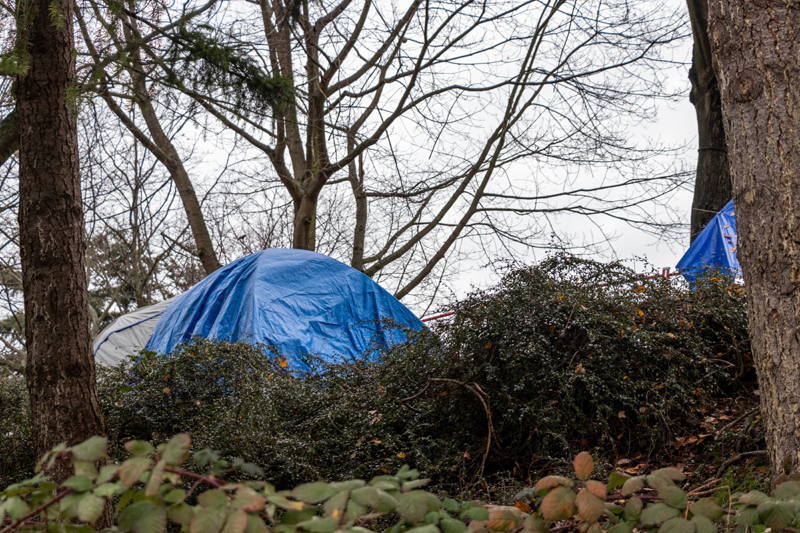
We’re calling on the government to make changes
Our six Calls to Action represent the improvements that we believe need to happen for women to have access to housing justice. They first emerged from compelling discussions that took place at our 2018 symposium.
These Calls to Action re-emerge every year, and our symposium participants have the opportunity to contribute their valuable knowledge to improve and expand the Calls to Action.
Our Calls to Action are worth fighting for
Assess
We review the aspects of our Calls to Action that have been accomplished, those we can put on the backburner, and those that still need our efforts.
Contribute
Participants lend their knowledge and lived expertise to help us evaluate what’s important to women seeking housing.
Rewrite
By the time the symposium winds down, we’re armed with the six Calls to Action we’ll once again present to the federal government.
Send off
These Calls to Action help policy makers take action towards ending women homelessness and providing safe, affordable, and culturally sensitive housing.
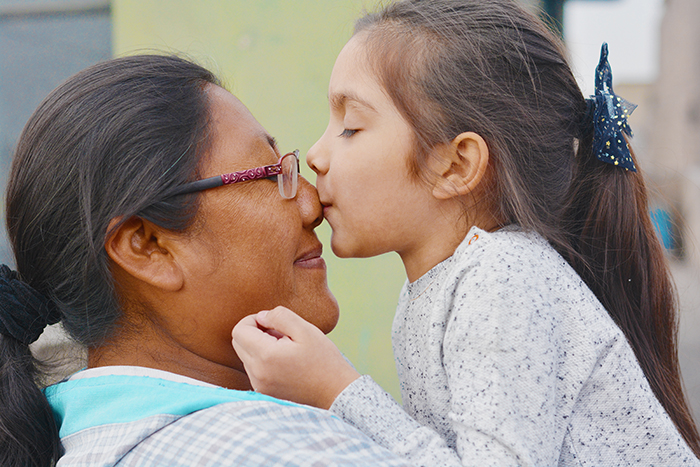
Women need better housing
First Call to Action
Housing and Women with Lived Expertise
The National Housing Strategy (NHS) should be developed in consultation with experts with lived experience of homelessness and housing need. The CMHC should link the NHS to the Poverty Reduction Strategy and the Strategy to End Violence Against Women. The CMHC should be accountable for its progress to stakeholders in women’s housing.
This is what we recommend
Budget 2024 introduces promising housing investments that could support women and gender-diverse people—if grounded in strong gender-based and human rights frameworks.
Key measures include $1B for the Affordable Housing Fund, $1.5B for a Rental Protection Fund, a Renters’ Bill of Rights, and funding to address homelessness and encampments.
The Neha Review Panel is examining how government actions have failed to uphold housing rights for women, Two-Spirit, trans, and gender-diverse people.
We recommend integrating gender-based analysis and accountability into all housing efforts and acting on the Neha Panel’s findings to uphold housing as a human right.
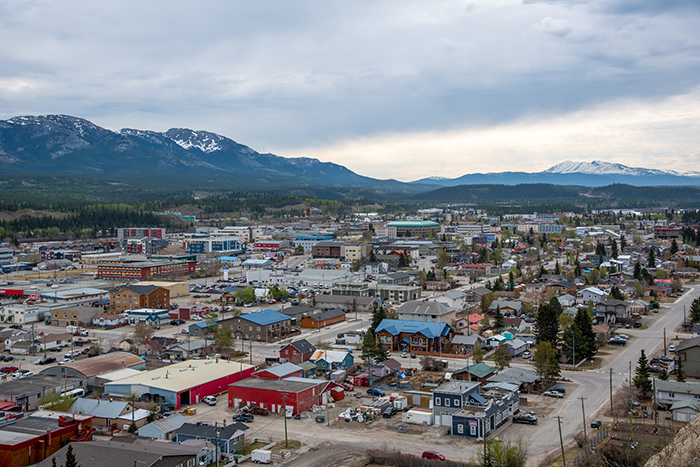
Second Call to Action
First Nations, Métis and Inuit Women's Housing
The federal government should ensure that all Indigenous women’s housing, in urban centres and off reserve as well as on reserve, is inclusive of healing and treatment centres and administered by First Nations, Métis and Inuit women. The government of Canada should take immediate steps to reverse the policy that excludes Inuit from accessing federal shelter funding.
This is what we recommend
Budget 2023 committed $4 billion over seven years to an Urban, Rural, and Northern Indigenous Housing Strategy starting in 2024–25, though details remain under development.
As this $4.3 billion investment rolls out, Budget 2024 missed the chance to increase funding in response to strong calls from Indigenous communities and housing advocates nationwide.
The Women’s National Housing and Homelessness Network (WNHHN) emphasized the need for an intersectional, gendered approach in allocating these funds.
We recommend ensuring this funding is directed toward housing led by and for Indigenous women and gender-diverse people, with equity and self-determination at the core.
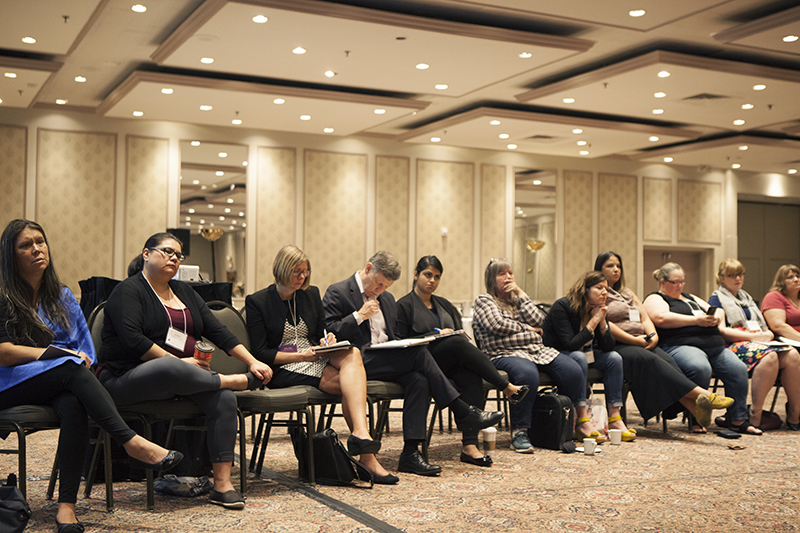
Third Call to Action
Infrastructure Funding for Housing
The CMHC should ensure that funding for women’s housing is equal to 25% (later 33%) of total NHS funding envelope. It should reinstate the Shelter Enhancement Program immediately, allowing for shelter and other kinds of housing.
This is what we recommend
The renewal of the Rapid Housing Initiative under the Affordable Housing Fund in Budget 2024 responds to ongoing calls from advocates for sustained investment in urgent housing solutions, especially for women and gender-diverse people.
The Women’s National Housing and Homelessness Network (WNHHN) has called for 40% of this stream to be dedicated to projects led by and for women and gender-diverse communities.
However, experts continue to raise concerns about the lack of monitoring, gender-specific targets, and tracking mechanisms—leaving major gaps in accountability and impact.
A unified definition of “affordable housing” is also missing across programs, making it harder to ensure the creation of low- and moderate-income homes that are desperately needed.

Fourth Call to Action
Operational Funding for Women’s and Women-Serving Organizations
The CHMC should advocate for funding for women’s and women-serving organizations to be comparable to the level of funding for services and programs provided directly by government and broader public sector agencies. Community-based front-line workers and organizational and program staff should be competitively compensated.
This is what we recommend
Social Housing Agreements and federal-provincial deals support affordability and operations for social housing across Canada, helping maintain and expand affordable options.
The federal government should require recipients to apply a rights-based, gender-informed approach and prioritize funding for social housing that keeps costs affordable, especially for larger households.
This is what we recommend
Social Housing Agreements and federal-provincial deals support affordability and operations for social housing across Canada, helping maintain and expand affordable options.
The federal government should require recipients to apply a rights-based, gender-informed approach and prioritize funding for social housing that keeps costs affordable, especially for larger households.

Fifth Call to Action
Women and a Guaranteed Annual Income
the CMHC should advocate for a Guaranteed Annual Income program that is reflective of regional realities. The program should be built using an intersectional gender lens with the participation of a diverse cross-section of women. It should be responsive to women’s self-identified needs such as ensuring family preservation, sustainable, rent-geared-to-income housing, strong transitional supports, and be in addition to child benefits.
This is what we recommend
Social assistance rates remain far below the poverty line and have not kept pace with the rising cost of living. This gap leaves many struggling to afford basic needs, including housing.
The Canada Disability Benefit marks progress after years of advocacy, but the announced $200/month falls short of the $1,000/month requested.
With over 75% of women and gender-diverse people experiencing housing insecurity reporting disabilities, this limited benefit risks failing to reduce their housing vulnerability.
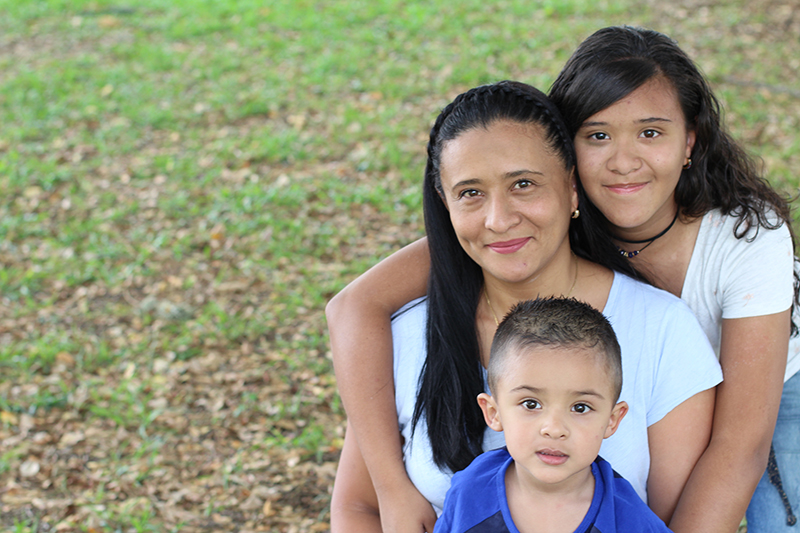
Sixth Call to Action
A Voice for Women’s Housing
There should be ongoing funding to the Pan-Canadian Voice for Women’s Housing.
This is what we recommend
Recent changes to CMHC’s mandate have shifted policy and advocacy programs to Infrastructure Canada, resulting in reduced funding for the PCVWH Symposium. As a policy initiative, the symposium no longer falls under CMHC’s mandate.
The last CMHC funding was for 2024, and going forward, WAGE will fund the symposium through FY26. However, recent government changes affecting WAGE create uncertainty about future symposium funding.
This is what we recommend
Recent changes to CMHC’s mandate have shifted policy and advocacy programs to Infrastructure Canada, resulting in reduced funding for the PCVWH Symposium. As a policy initiative, the symposium no longer falls under CMHC’s mandate.
The last CMHC funding was for 2024, and going forward, WAGE will fund the symposium through FY26. However, recent government changes affecting WAGE create uncertainty about future symposium funding.